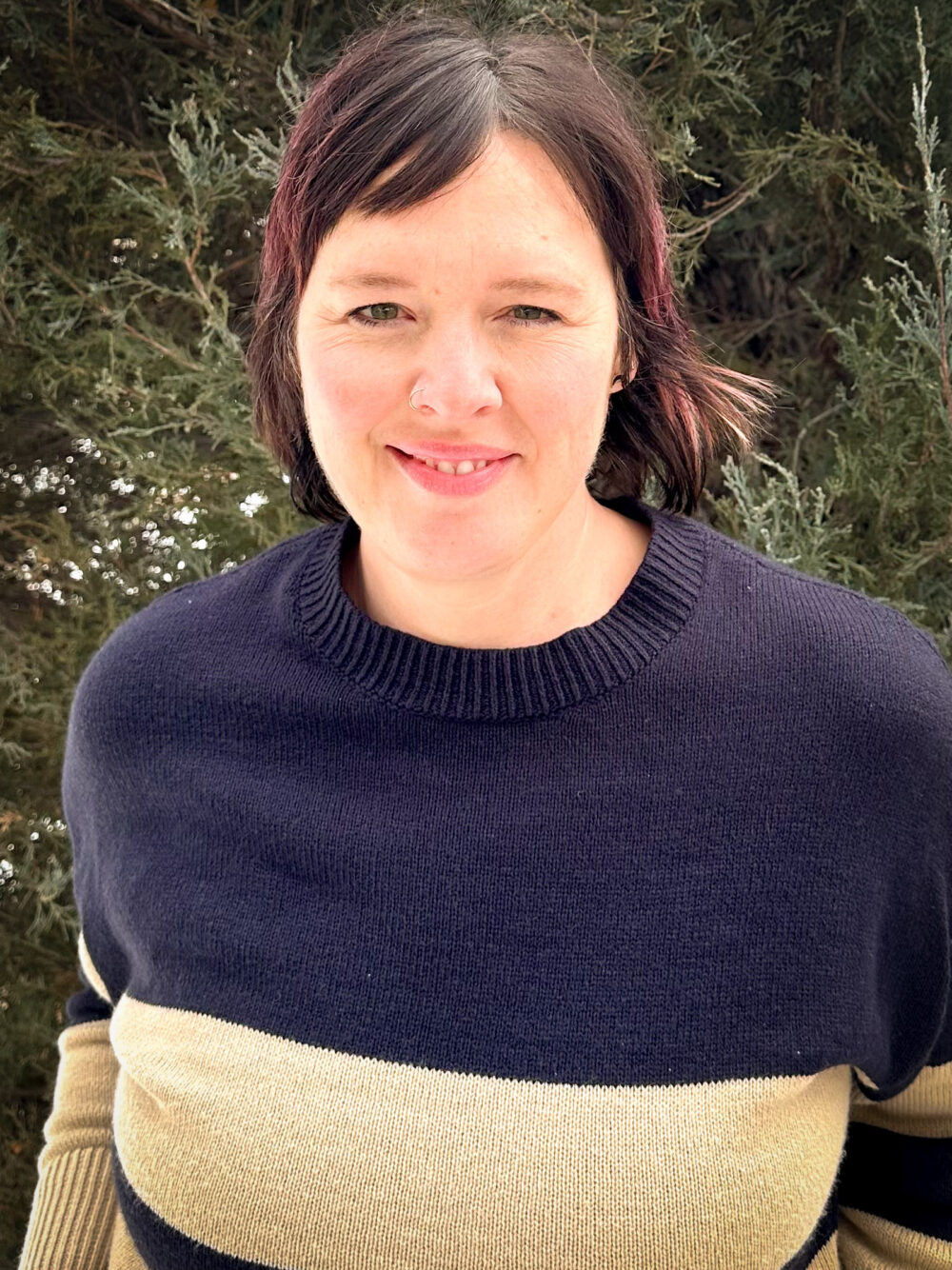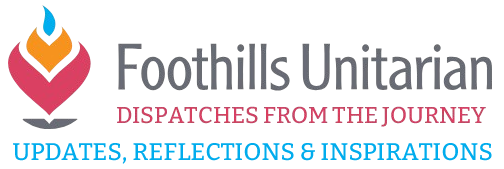
Katie believes the best things in life are the result of collaboration and diverse perspectives coming together to produce something greater than any individual could. She is passionate about systems, efficiency and collaboration for better community outcomes. She loves dreaming up the big picture and drafting the roadmap to make it happen. She has a background in operations, fundraising, communications and program development, as well as over a decade of nonprofit management experience in Northern Colorado.
Her greatest joy in life comes from her family. Her husband, Steven, a principal at Wellington Middle School, and daughters Emmaline and Esmae are the lights of her life. Together they love mountains, music and all kinds of food. She is passionate about women supporting other women in all stages of life and especially through the critical moments that make or break us. She believes that one of the most important things in life is to be kind.
Being outdoors makes her soul come alive. It always roots her in gratitude and is one of the reasons she loves living in Fort Collins.

